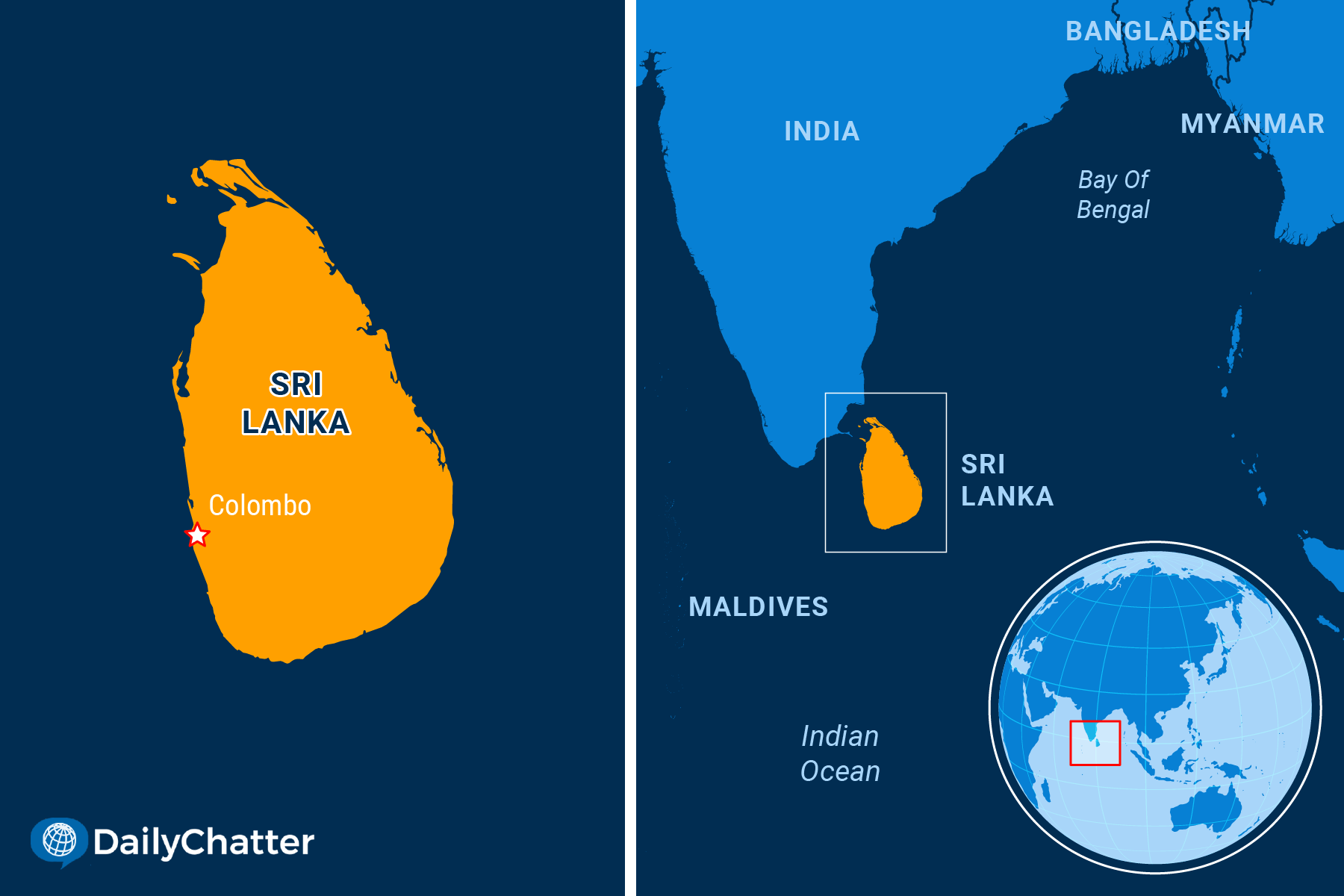A Long Way Down

The Sri Lankan Supreme Court issued a symbolic ruling saying that the once-powerful Rajapaksa family, which ruled the nation for nearly two decades, were among those responsible for the worst economic crisis in the country’s history, Agence France-Presse reported.
In 2022, Sri Lanka’s economy crashed. As a result, Sri Lankans faced power outages, hours-long lines for fuel amid shortages and historic inflation rates.
The crisis triggered a series of mass protests from March to July 2022 that resulted in the resignation of the government, including Finance Minister Basil Rajapaksa, then-Prime Minister Mahinda Rajapaksa, and finally President Gotabaya Rajapaksa, the BBC reported at the time.
Afterward, anti-corruption organization Transparency International Sri Lanka (TISL) and four other activists brought a complaint against 13 former officials which said the Rajapaksa brothers and the others – including two former central bank governors and current President Ranil Wickremesinghe, who was prime minister in the later stages of the crisis – were responsible for the crisis, Reuters explained.
The court agreed.
While admitting that the mishandling of the economy by the Rajapaksa administration from 2019 to 2022 contributed to the crisis through “their actions, omissions and conduct,” the court ordered no punishment other than repaying the petitioners’ legal costs.
Mahinda Rajapaksa held the South-Asian Republic’s top job from 2005 to 2015 and oversaw the end of the three-decade civil war against Tamil rebel groups in 2009. His younger brother Gotabaya, formerly his defense secretary, won the presidency in 2019 following the terror attacks on Easter Sunday the same year.
After his election, the Telegraph had reported on his family’s legacy, including “extremist” stances on ethnic issues, and allegations of war crimes and murdering journalists.
The decision made by Sri Lanka’s highest judicial institution is the latest sign of the downfall of a dynasty that, not so long ago, was seen as untouchable. For TISL, “It is now up to the citizens to take any further action.”

Subscribe today and GlobalPost will be in your inbox the next weekday morning
Join us today and pay only $32.95 for an annual subscription, or less than $3 a month for our unique insights into crucial developments on the world stage. It’s by far the best investment you can make to expand your knowledge of the world.
And you get a free two-week trial with no obligation to continue.
